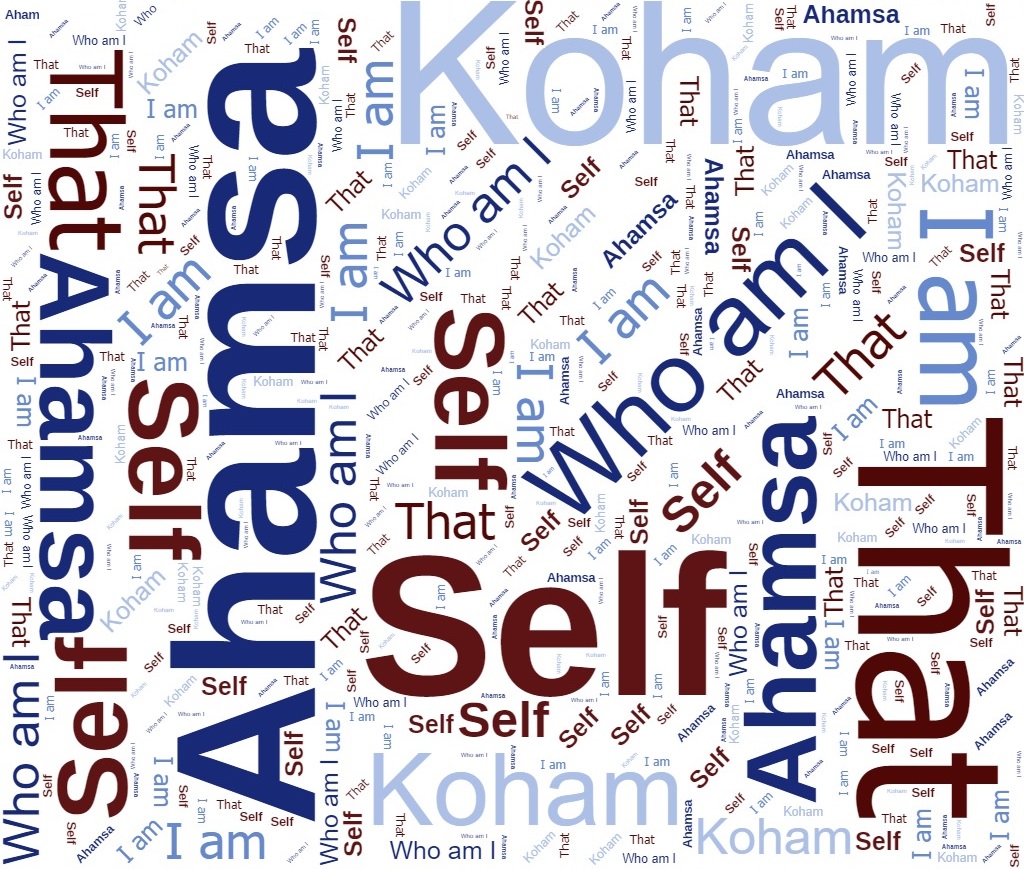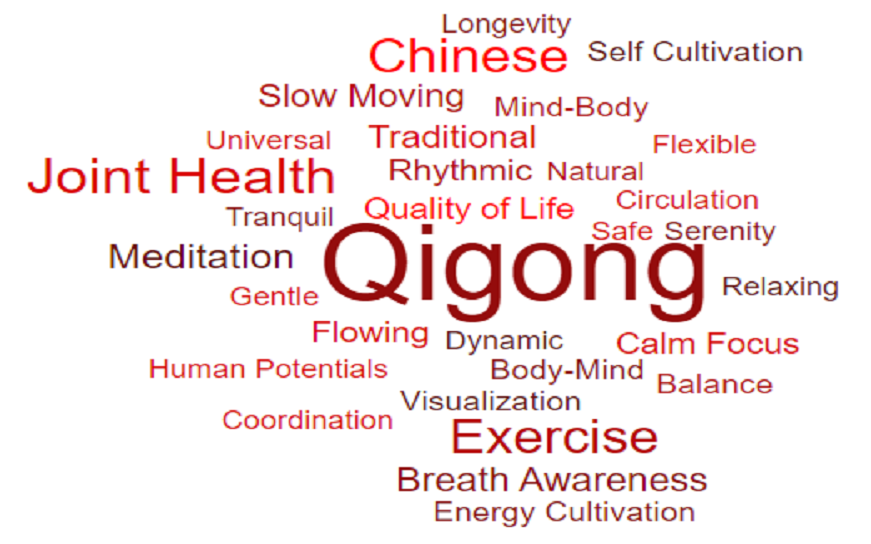Events
Advocacy for Overcoming Difficulty
~Chan Master Cheng Yen
- Face It.
Look difficulties in the face instead of deceiving yourself by burying your head in the sand. - Accept It.
Accept the facts of difficulties instead of blaming fate or other people. - Deal With It.
Handle things with wisdom, and treat people with kindness and compassion. - Let It Go.
As long as you have done your best it is not necessary to worry about gain or loss, success or failure.
|
Yoga Asks: Who Am I? (Koham?)
|
I am That. (Ahamsa.)
This workshop pursues a peek at the unconditioned Self using a simple, direct, immediately-accessible exercise. Before settling into its analytical exercise we will use natural movement and coordinated breathing to remove unwanted tensions and prepare for the breathing and relaxation exercises which follow. After thus preparing body and mind we will pursue the Self using neti-neti.
I am who I am. I am what I am.
I will become what I choose to become.
Before closing we will look ahead to possible futures ... training ... who we want to be. Focusing on health and energy cultivation we will use natural methods of Chinese/Tibetan Qigong (coiling, twisting, rocking, range-of-motion, and walking exercises), and Kundalini Tantra … following the formula of Patanjali's yoga. Emphasis on Samyama: Dharana (concentration), Dhyana (meditation), and Samadhi (advanced meditation).
Yoga is meditation. ~Swami Satchidananda
| Schedule | Activity |
|---|---|
| AM 09:30 | Physical Culture (Waidan Qigong) |
| 10:00 | Break |
| 10:10 | Energy Culture (Pranayama / Qigong) |
| 10:30 | Silent Break |
| 10:40 | Mind/Body Culture (Pratyahara / Fang Song Gong) |
| 11:10 | Silent Break |
| 11:20 | Mind Culture: Self Inquiry (Atma Vichara / Neti-Neti) |
| 12:00 | Q&A |
| PM 12:20 | Future Training Opportunities |
| 12:30 | Closure |
You are what you is. ~Frank Zappa
|
Self-management is a cultivated skill. It is the foundation of self mastery and peak performance. Pursuing the self-managed lifestyle we leverage strategies which combined enable us to achieve more in life. By applying these strategies we improve our resolve and capacity in coping with the (di)stresses of life. We can improve our ability to manage stress using simple, consistently-applied self management strategies. It's a be all that you can be thing. |
The goals of this training are practical and measurable. Positive motivation and positive action are integral to all of its strategies. The strategies are simple, easy behaviors which you can include in managing your self for the sake of general health. Regular practice can increase your resilience to contemporary stressors and decrease your susceptibility to stress-related disorders. With positive motivation it becomes the pursuit of peak performance.
Promote a self-managed lifestyle based on 'normalizing techniques' integrated from classic Indian, Chinese, Tibetan, and Western biobehavioral science. Your training will include a foundation of simple graduated breathing and relaxation practices to calm and steady body and mind and to support your success in applying higher-order methods. Each week’s practice builds progressively on the previous. Practice daily to take full advantage of natural mind/body mechanisms for learning and conditioning. Discipline pays. Note: This course also prepares you for success in the rest of our Classic Meditation curriculum.
- Nature of (di)stress, its causes, effects, and effective management
- Relationships between stress, emotion, motivation, behavior, and health outcomes
- Stress-management as self management for peak performance
- Promoting and maintaining effective self management
- Graduated breathing and relaxation training
- Manage time; nutrition; exercise and recreation; rest and relaxation; sleep
- Communication and relationships
- Cultivating rational thought; Reduce irrational worry
|
Qigong (Chee-Gong) in simple translation means Energy Work. Qigong typically involves relaxed coordination of attention, breathing, and focussed movement. There are many types of qigong exercise. This is Chinese-Tibetan qigong for general health and qigong for joint health. |
Learn simple relaxed natural coiling/twisting, rotating, bending, stretching, rocking, undulating (wavelike), and walking exercises (walking from Taiji Qigong) … all performed in an unhurried pace. All sessions include Standing Contemplation and the mind/body practices of Inner Strength and Inner Smile. Later sessions will include use of the 4 foot staff.
Note: Excessive stress adversely impacts health causing increased anxiety, mood disorders, and impairments in every organ system. Qigong can reduce perceived stress and anxiety. Also, many adults with chronic arthritis who practice qigong can expect to reduce pain and depression and improve their quality of life (NIH Research). Practice daily. Discipline pays. Note: This course is a supportive ‘elective’ for those entering our Classic Meditation curriculum.
- Posture and alignment
- Diaphragmatic breathing
- Relaxation (Song; Fang Song Gong)
- Vital energy experience and cultivation
- Standing contemplation and warmup
- 3D spatial organization (planes, quadrants, sectors)
- Intention, attention and effects
- Tao Samkhya Yoga
Services

The Mechanics of Self Management
Jivana Vidhana (Core)This is the foundation core course, also presented as Stress Management. Includes advice re: nutrition, exercise, rest, coping, etc.
Six 90 minute sessions
The Mechanics of Concentration & Motivation
Dharana (Core)A simple, direct progression of exercises using natural cognitive mechanisms to familiarize, steady, and exercise the mind.
Six 90 minute sessions
The Mechanics of Meditation 1: Composure (Calm, Tranquility)
Shamatha (Core)This is concentrative meditation leading to calming of the mind and body. It can be pursued to completion or as preparation.
Four 90 minute sessions
The Mechanics of Meditation 2: Contemplation (Clear, Insight)
Vipashyana (Elective)This is contemplative meditation leading to insight into primal facts of reality. Uses four universal themes for contemplation.
Four 90 minute sessions
Energy Cultivation
Energy/kundalini cultivation is elective. Except for Health Qigong the 3 core courses are prerequisites for all of these practices.
Electives
Other electives may provide further enrichment, e.g., structured work on critical thinking, emotions, and positive motivation.
Individualized Training
Due to individual differences, some studies are best approached and paced as solo training, e.g., complete autogenic training.
Progress Tracking
Progress tracking provides subjective and/or objective measures of development. It is also a basis for research.
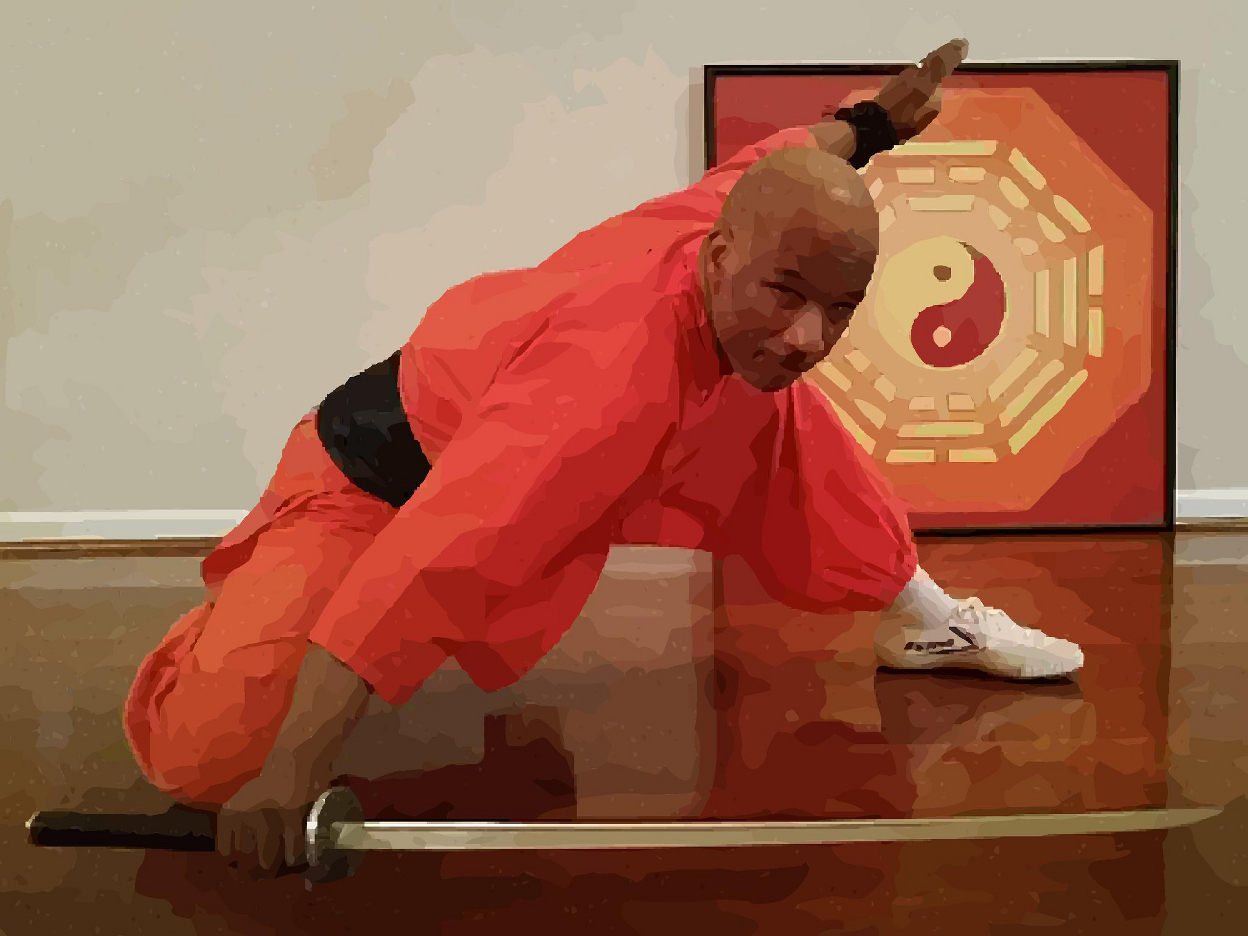
Swami Kālánāthá (Kaal)
aka Amitabha Lokeshvara
(Losel Shedrup Ling)
About

Primary Instructor
Whatever you doing,
you being business.
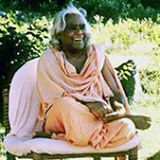
Guru Diksha, Shaktipat
This is the business plane.
Integral Yoga Ashtanga
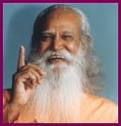
Counsel/Advising
Interact!
Integral Yoga Ashtanga
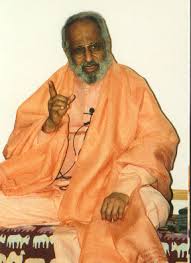
Counsel/Advising
Your development is sahaaj,
natural, like a wave.
(Swami Rama)
